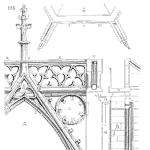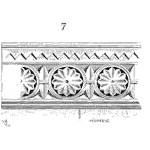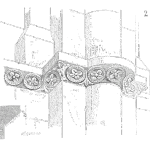
Reliability Distributions and Their Use
How do you use the Weibull Distribution?
It’s just one of many useful statistical distributions we must master as reliability engineers.
Let’s explore an array of distributions and the problems they can help solve in our day-to-day work.
ᐅ Play Episode













 Ask a question or send along a comment.
Please login to view and use the contact form.
Ask a question or send along a comment.
Please login to view and use the contact form.